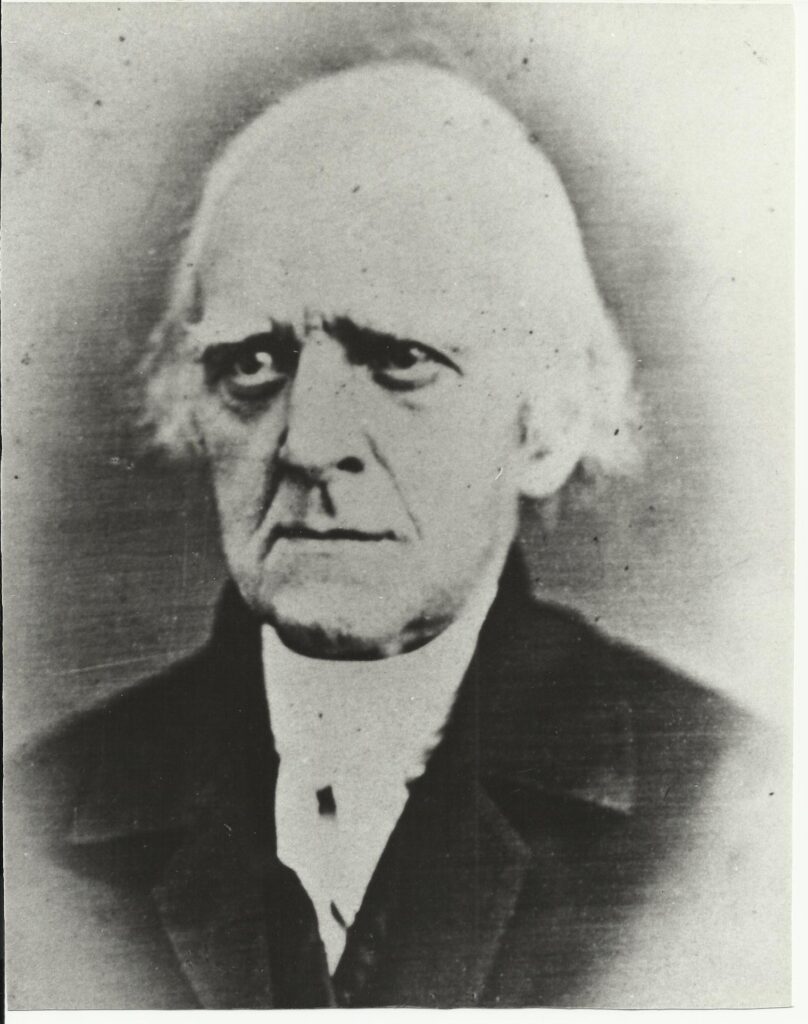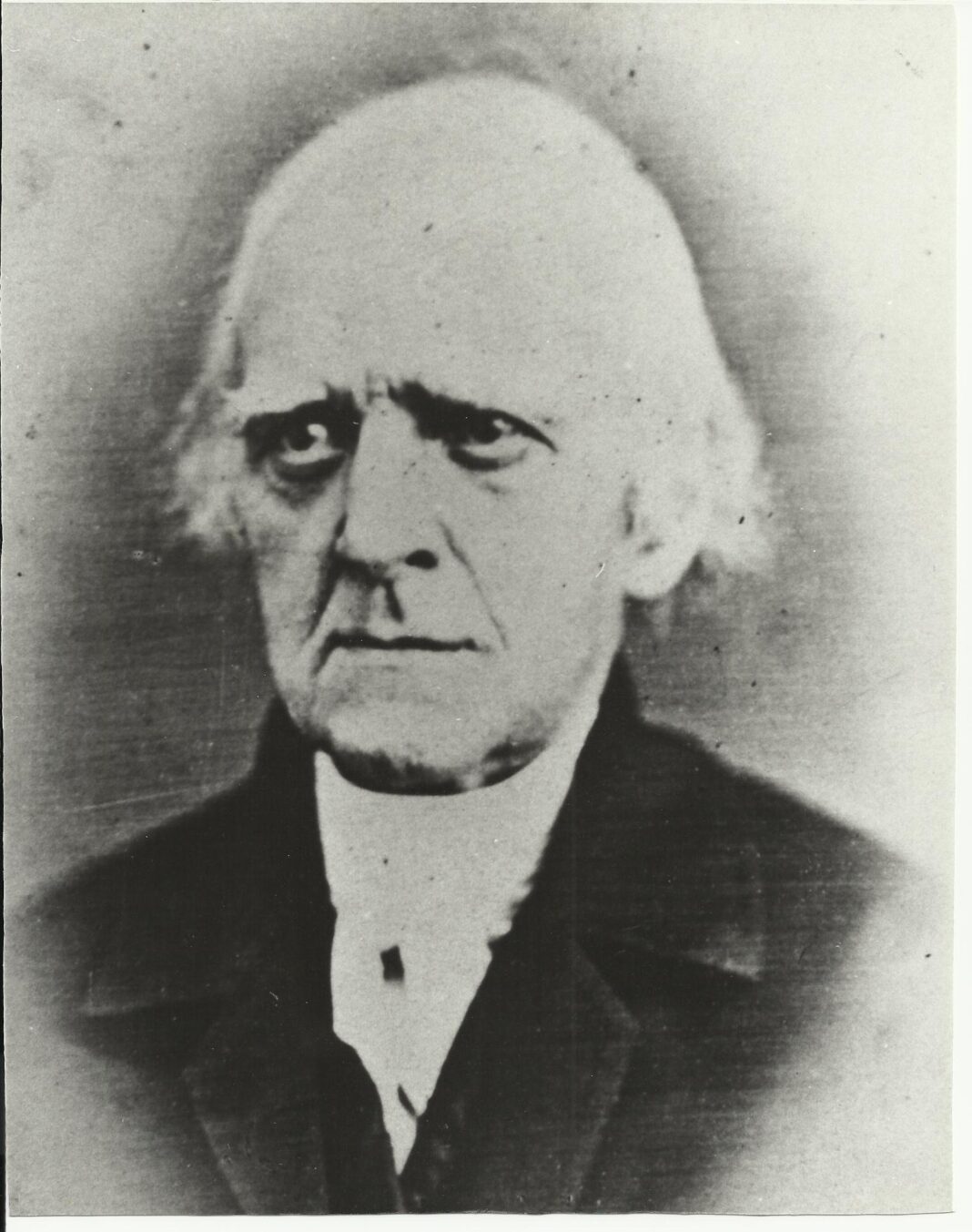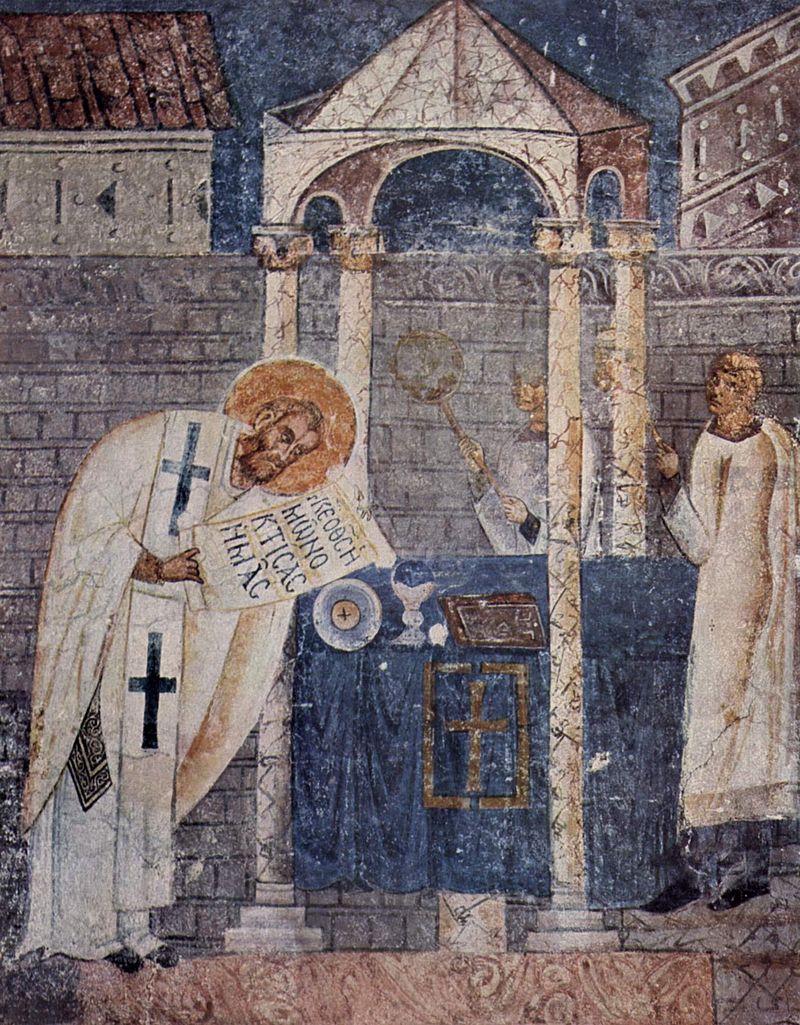
Elisha Bates
Doctrines of Friends, Principles of Christian Religion
Salutations and Recreations
「1825」Elisha Bates, “Of Salutations and Recreations,” chap. 14 of The Doctrines of Friends: or, Principles of the Christian Religion as Held by the Society of Friends, Commonly Called Quakers「Google Books」(Mountpleasant, Ohio, 1825).
The brute creation, however we may be elevated above them—have their rights, as well as we. (264)
Those vain amusements, which have been dominated recreations, we consider beneath the dignity of the christian character; and they frequently prove the inlet to much vice and corruption.
H. Tuke, in his “Principles of Religion,” Chap. 9, says: “There are three rules relating to amusements, by which our conduct should be regulated.
1.—To avoid all those which tend needlessly to oppress and injure any part of the animal creation. Of this class are cock-fighting and horse-racing: also hunting, &c. when engaged in for diversion and pleasure.
2.—To abstain from such as are connected with a spirit of hazardous enterprise; by which the property and temporal happiness of individuals and families, are often made to depend on the most precarious circumstance; and the gain of one, frequently entails miserly on many. Of this class are all games in which property is staked.
3.—To avoid such as expose us to unnecessary temptations, with respect to our virtue; or, which dissipate the mind, so as to render a return to civil and religious duties ungrateful. Of this kind, stage entertainments are peculiarly to be avoided, with various other places of public amusement, which have a tendency to corrupt the heart, or to alienate it from the love and fear of God.”
The two first species of amusements, mentioned in the first description, are so generally acknowledged by the different religious societies, to be immoral, and even reproachful, that it seems unnecessary to say much, to prove their inconsistency with the christian character.
The practice of hunting, however, does not appear to have excited so much attention, or drawn forth such a concurrent sentiment against it.
So far as this practice is pursued for amusement, it cannot bear the test of cool examination. The brute creation, however we may be elevated above them—have their rights, as well as we. He who created us, endued us with exalted faculties and capacities, for superior enjoyments, created them also, and gave them the capacities of enjoyment, which they possess. And though he has give us power over them, that our wants might be supplied, and our happiness promoted, he never could have designed that they should be sacrificed to our depraved passions.
There certainly is something very revolting to our best feelings, to think of deriving amusement and gratification, from the agonies and death of animated beings. And though this idea may be disclaimed, yet it is extremely difficult to divest the amusement of hunting of this character.
There are many circumstances connected with it, which have a powerful and fascinating effect of the youthful mind; but cruelty—and a violation of the rights of the animal creation, are inseparably connected with it.
“We clearly rant the practice of hunting and shooting for diversion, with vain sports; and we believe the awakened mind may see, that event the leisure of those whom Providence hath permitted to have a competence of worldly goods, is but ill filled up with these amusements. Therefore being not only accountable for our substance, but also for our time, let our leisure be employed in serving our neighbour, and not in distressing the creatures of God for our amusement.” * (London Book of Extracts, page 25.)「*Cruelty to the brute creation, though not in connection with motives of amusement, is clearly incompatible with christian feelings. Several cases have recently occurred in the U.S. in which cruelty to brutes had been adjudged to be violations of the civil law. It must be ever revolting to the benevolent mind, to see animals which are employed in our service, and contribute to our comfort and advantage, made the victims of passion, of avarice, or of wanton cruelty.」
” A man of kindness to his beast is kind; But brutal actions show a brutal mind. Remember, he who made thee, made the brute;
Who gave thee speech and reason, formed him mute; He can’t complain; but God’s omniscient eye Beholds they cruelty; he hears his cry.He was designed thy servant and thy drudge;But KNOW that HIS Creator is THY Judge.”
The demoralizing effects of gaming, are so generally admitted by the various denominations of christians, that it will not be necessary to say much in proof of its pernicious tendency. (263-265)




